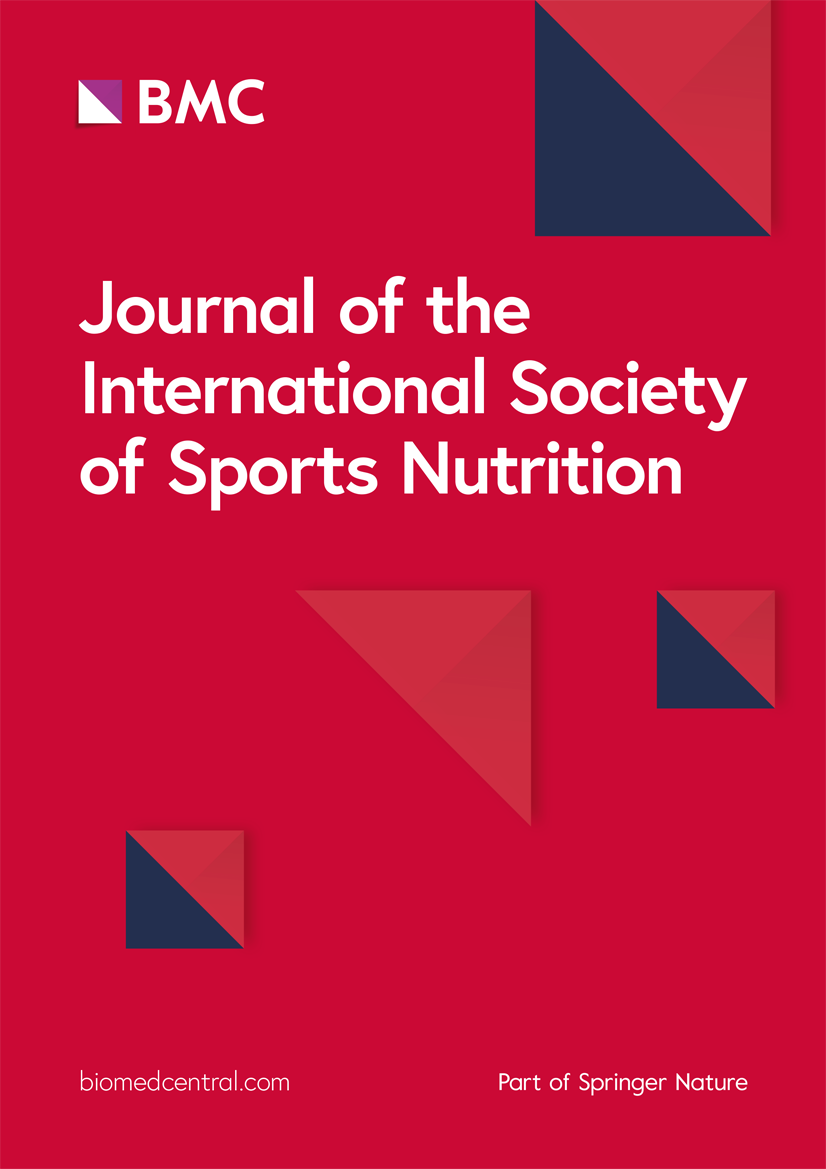Great posts above me, I’ll just add my $0.02.
Controversy exists about the maximum amount of protein that can be utilized for lean tissue-building purposes in a single meal for those involved in regimented resistance training. It has been proposed that muscle protein synthesis is maximized in young adults with an intake of ~ 20–25 g of a...

jissn.biomedcentral.com
“Based on the current evidence, we conclude that to maximize anabolism one should consume protein at a target intake of 0.4 g/kg/meal across a minimum of four meals in order to reach a minimum of 1.6 g/kg/day. Using the upper daily intake of 2.2 g/kg/day reported in the literature spread out over the same four meals would necessitate a maximum of 0.55 g/kg/meal.”
So if you’re 200lbs/90kgs, then 36-49.5g of protein per meal if eating 4 meals.
Another good read using 3.4g/kg of protein.

jissn.biomedcentral.com
“Consuming a very high protein diet (3.4g per kg daily) in conjunction with a heavy resistance-training program may confer benefits with regards to body composition. Furthermore, there is no evidence that consuming a high protein diet causes any adverse effects.”


